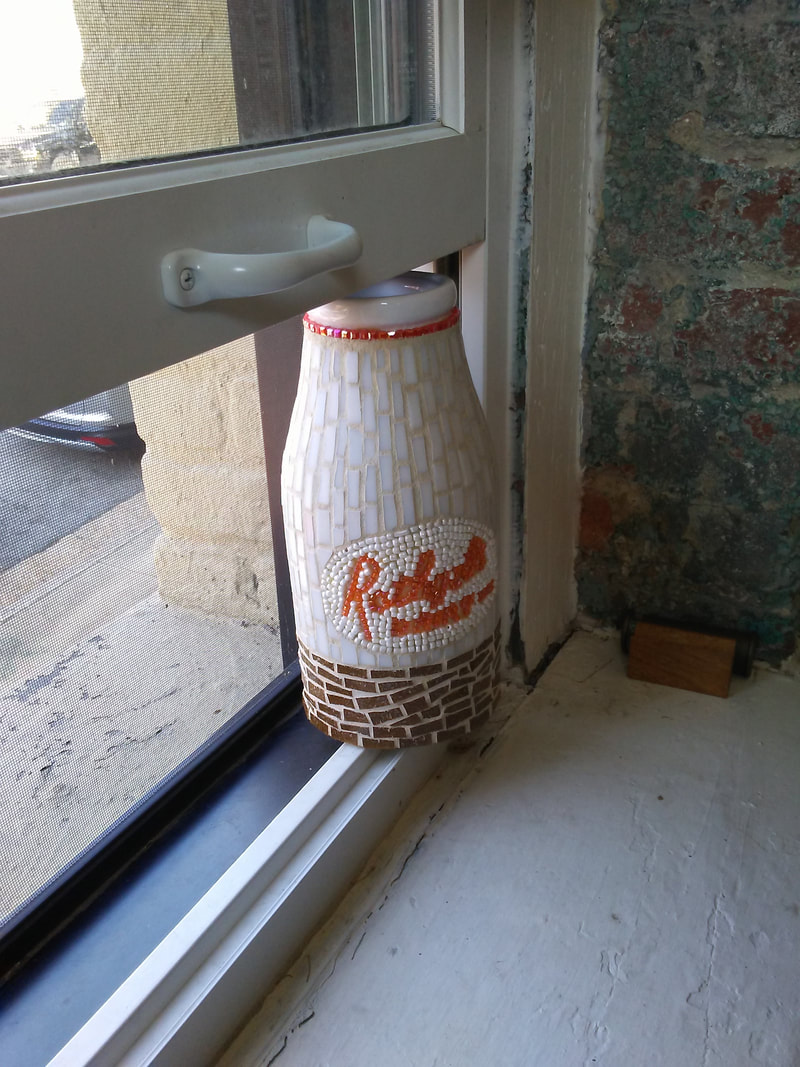There was sad news this week from Middle Caicos, where three American tourists drowned off Bambarra Beach. It’s the kind of incident that’s hard to wrap around your head; the waters there are shallow, and the people weren’t doing anything dangerous or stupid, just walking through the water to a nearby cay.
It also gets you to thinking about that basic reality of island life: We are surrounded by the ocean.
Okay, ocean, sea, waves, tides, beach, flats, “the creek,” bay … water, filled with life and movement and beauty and power. And too often we tout and admire the beauty while forgetting all that pure, raw power.
I am not one of those who claim that tragedies are a message from God, a punishment from God, or a judgement from God. I don’t believe God works that way. But I do think we can and should take from this a reminder of where we are and the powers that are stronger than us.
For anyone who lives on or moves to an island, recognizing the power of the ocean might possibly be step one in life, and learning as much as we can about that power around us is ultra important. I have been amazed by the numbers of people who live so close to the ocean but know so little about it, and who don’t ever learn how to swim or even tread water.
This is not a new thing. TCI history is dotted with accidental drownings, often involving people who have no water skills and boats. I cried on hearing Miss Suta’s experience of losing two daughters in a boating accident. I have been amazed by people who own boats and have no swimming skills. I learned early on that sometimes the only instruction given to children about the ocean, particularly to girls, was to stay out of it.
On the other side, I was cheered and heartened by news this summer of swimming instruction given to children on North Caicos. I would hope such instruction includes a healthy dose of respect for the ocean. Not fear, but respect.
Learning to swim and respecting the power of the ocean (and of many of the creatures living there) won’t protect us all from everything. Incidents like the one at Bambarra are not fully preventable. But learning as much as we can about tide action, jellyfish, sharks, barracuda, sea urchins and weather behooves us all. Life on an island means understanding exactly what an island is.
It also gets you to thinking about that basic reality of island life: We are surrounded by the ocean.
Okay, ocean, sea, waves, tides, beach, flats, “the creek,” bay … water, filled with life and movement and beauty and power. And too often we tout and admire the beauty while forgetting all that pure, raw power.
I am not one of those who claim that tragedies are a message from God, a punishment from God, or a judgement from God. I don’t believe God works that way. But I do think we can and should take from this a reminder of where we are and the powers that are stronger than us.
For anyone who lives on or moves to an island, recognizing the power of the ocean might possibly be step one in life, and learning as much as we can about that power around us is ultra important. I have been amazed by the numbers of people who live so close to the ocean but know so little about it, and who don’t ever learn how to swim or even tread water.
This is not a new thing. TCI history is dotted with accidental drownings, often involving people who have no water skills and boats. I cried on hearing Miss Suta’s experience of losing two daughters in a boating accident. I have been amazed by people who own boats and have no swimming skills. I learned early on that sometimes the only instruction given to children about the ocean, particularly to girls, was to stay out of it.
On the other side, I was cheered and heartened by news this summer of swimming instruction given to children on North Caicos. I would hope such instruction includes a healthy dose of respect for the ocean. Not fear, but respect.
Learning to swim and respecting the power of the ocean (and of many of the creatures living there) won’t protect us all from everything. Incidents like the one at Bambarra are not fully preventable. But learning as much as we can about tide action, jellyfish, sharks, barracuda, sea urchins and weather behooves us all. Life on an island means understanding exactly what an island is.


 RSS Feed
RSS Feed